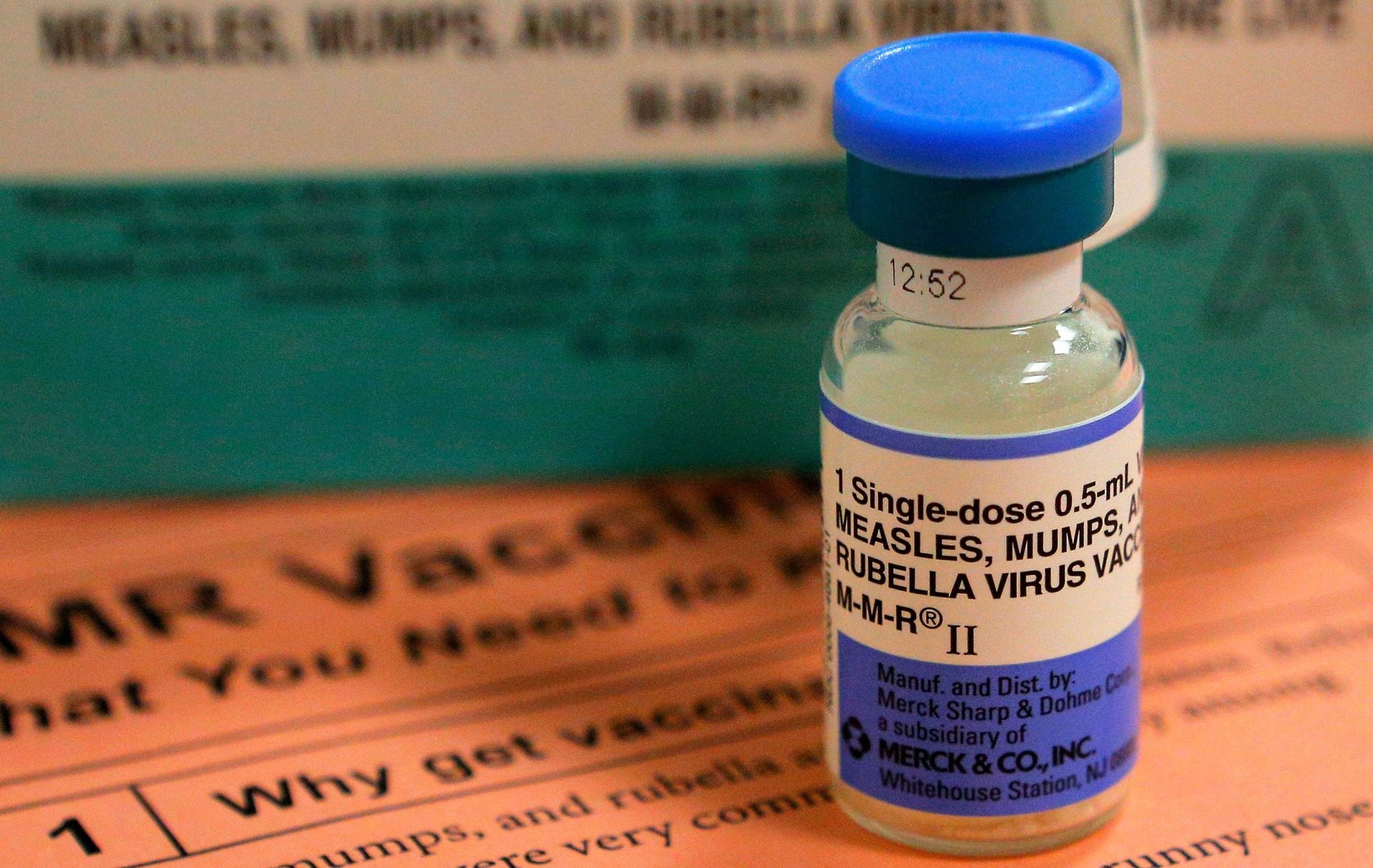The US is warning pregnant women not to travel to Japan
Japan is in the midst of a rubella outbreak, and the US Centers for Disease Control and Prevention (CDC) is advising pregnant women against traveling to the country.


Japan is in the midst of a rubella outbreak, and the US Centers for Disease Control and Prevention (CDC) is advising pregnant women against traveling to the country.
In its level 2 alert, which advises “enhanced precautions,” the CDC said that only women who have been vaccinated against rubella, or German measles, should go to Japan.
Almost 1,300 cases of rubella have been reported (link in Japanese) in Japan this year, more than 10 times (link in Japanese) the number of cases recorded last year. Most of the cases have been reported in and around Tokyo, all densely populated areas.
Hong Kong authorities have also issued a similar travel warning for Japan.
Rubella is highly contagious and is transmitted through coughing and sneezing. It poses a particular health risk for women in early stages of pregnancy, as it can lead to birth defects such as deafness, cataracts, and heart defects. Women who are already pregnant cannot be vaccinated against rubella.
Many of the cases recorded this year in Japan were of men in their 30s to 50s, a group that has lower immunization rates as only girls were vaccinated between 1976 and 1989 because of the disease’s impact on fetuses. There was another such “vaccination gap” in 1993 to 2006, leaving some younger Japanese men also more susceptible to the disease, according to Heidi Larson, an expert on epidemiology and population health at the London School of Hygiene and Tropical Medicine.
Some companies in Tokyo are offering free vaccinations (link in Japanese) to their employees in response, as rubella vaccinations cost around $100 per shot.
The last time Japan saw a major rubella outbreak was in 2012 to 2013, when more than 15,000 cases were recorded.